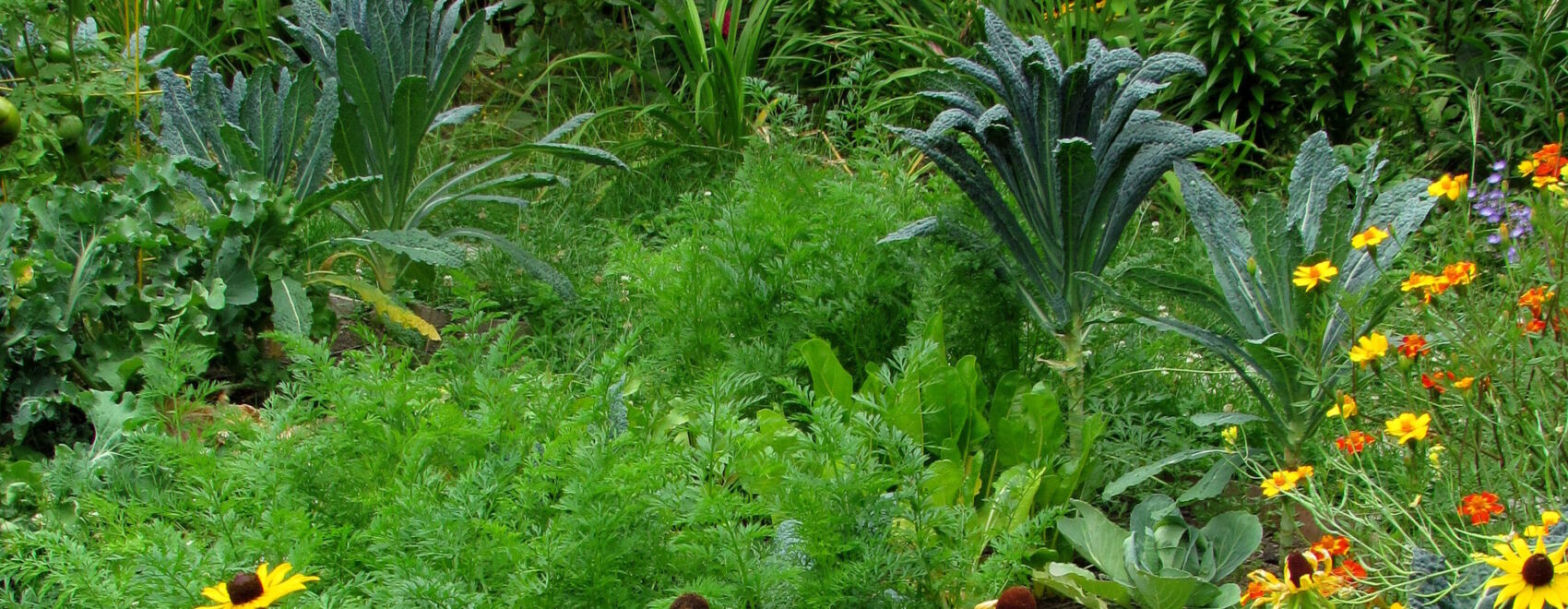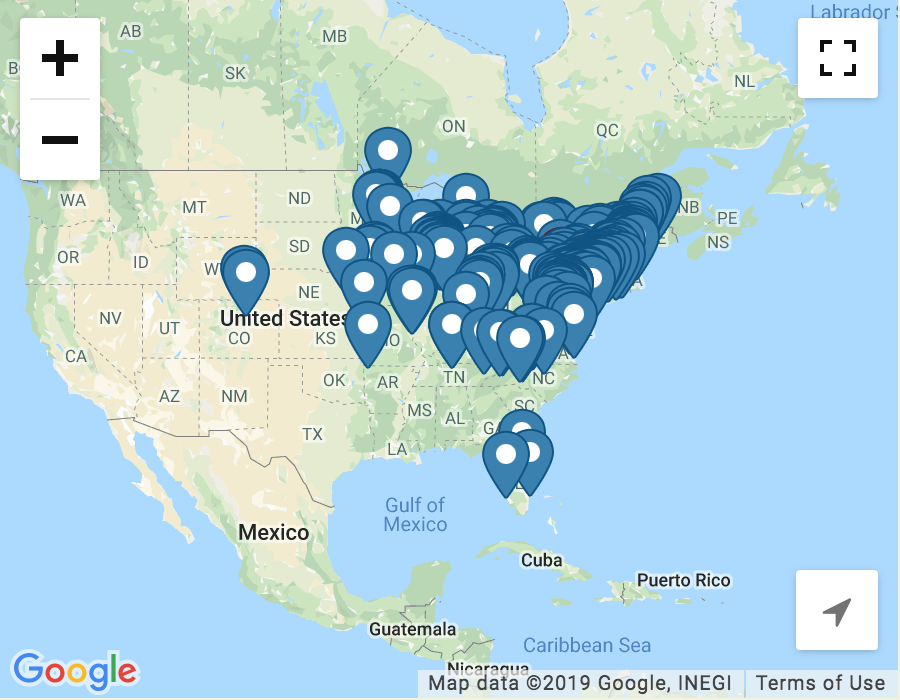You may have heard a new-to-you term being used at your local gardeners’ gatherings or in some growers’ discussion groups. You kinda sorta understood the conversations taking place and you nodded your head knowingly … but you’re still not 100% in the know about the concepts and practices of regenerative gardening.
We understand! And because we don’t want you feeling out of the loop at your next gardening meet-up, we’re here to explain the terms and its concepts, and suggest ways to adopt regenerative gardening practices in your own garden.
What Is Regenerative Gardening?
Regenerative gardening and regenerative agriculture as a whole do not have one strict definition, but are more philosophies of growing in community with nature using holistic practices. It considers how our actions to nurture crops and livestock, either within a garden plot or within acres of fields, are connected to and impact the world around us. The principles of regenerative gardening help to “regenerate” our soil ecosystems and reinvigorate the nutrient cycles. Together, the aim of these practices are intended to help us to leave our land and air in healthy state for the coming generations.
While you may be learning about the concept of regenerative gardening for the first time, it’s important to know that Indigenous communities throughout the world have been using regenerative practices for centuries. Indigenous peoples’ have applied their practices of living in and with nature to their raising of their crops and livestock from time immemorial. To learn best practices, we need only to look to the farming practices of Indigenous people that continue the traditions of their ancestors.
Why We Garden Regeneratively
Modern agriculture has removed nature from what has always been a natural process. We have stopped nutrient cycling. We’ve neglected the importance of the soil microbiome. We’ve grown out of sync with the seasons and the environment. Modern farming methods have essentially thrown a wrench in the works of a natural process.

We promote regenerative gardening and agriculture so that the planet we leave for future generations is an alive and breathing world. These techniques will help regenerate our soils, leave our waters and air cleaner, and our food more nutritious. And these practices aren’t hard. It’s something we can all participate in. The first step is to do what you’re doing—you’re learning more about it.
Basic Regenerative Gardening Practices
Regenerative gardening techniques are not a series of complex or involved steps requiring specialized equipment. In fact you may already be using a regenerative gardening practice such as amending your soil with compost because you thought, “Hey, I’m going to do this this way because it’s good for my garden and for the other plants and animals around me.” That’s exactly the mindset behind regenerative gardening.

For us at Organic Mechanics, this philosophy means gardening in a way that regenerates the soil, the local ecosystem, and our planet. Practices that check those boxes include:
- Composting organic debris from the garden and kitchen
- Applying compost to add nutrients and increase soil water retention
- Sowing a cover crop
- Avoiding tilling to keep carbon dioxide sequestered
- Eliminating chemical pest and weed controls and fertilizers
- Cutting back on removing plant material during fall and spring garden clean-ups
- Planting native and pollinator-friendly plants
- Using succession planting to avoid barren spots in the garden

Proud Supporter of Rodale Institute
The Rodale Institute, the nation’s most trusted organization devoted to organic research and education, is partnering with select brands to create products that support regenerative organic agriculture. We are extremely proud to be a “Proud Supporter of Rodale Institute.” This program recognizes farms and producers who go above and beyond in their material sourcing and farming practices. When you see the Rodale Institute logo, you know that the product was grown and produced in a way that supports healthy soil, healthy people, and a healthy planet. Read more on our work with the organization and our products in the Proud Supporter of Rodale Institute program HERE.
Additional Resources
The Internet is teeming with excellent resources on the regenerative gardening topic, from simple whats and how-tos to the exploration of how regenerative gardening supports equity and social justice. And thanks to a movie-length documentary or two, the interest in regenerative agriculture as a way to help heal our planet and even help stave off climate change is entering the DNA of a new generation. The film Gather is also a wonderful resource for not only explaining regenerative agriculture but also as a way for indigenous peoples to reclaim their cultural identities through these old-yet-new-again techniques of engaging with the natural world for food.
With this quick synopsis and the above resource links (and a bowl of popcorn to go along with the films), you’re now up to speed enough to nod your head knowingly and talk about your own regenerative gardening practices the next time it comes up in conversation.




